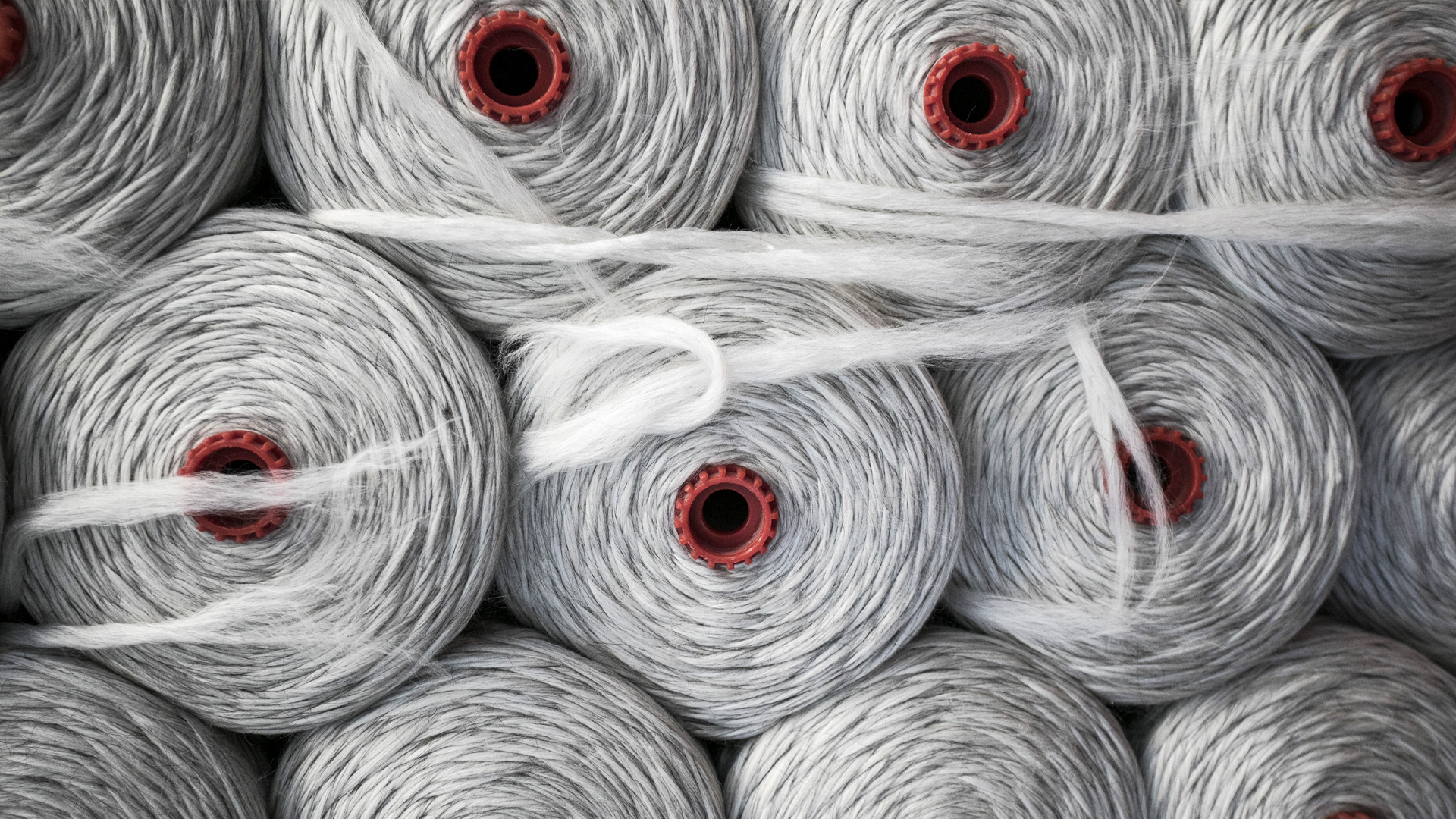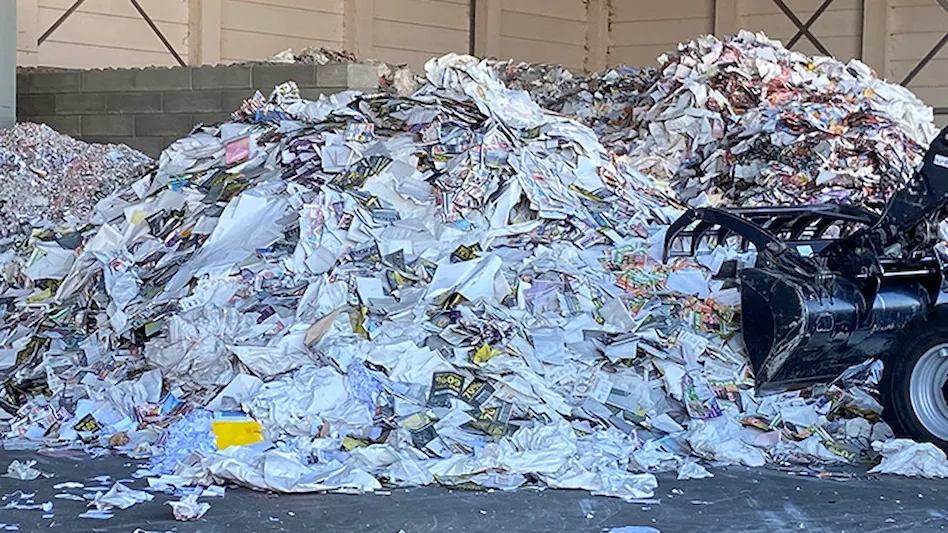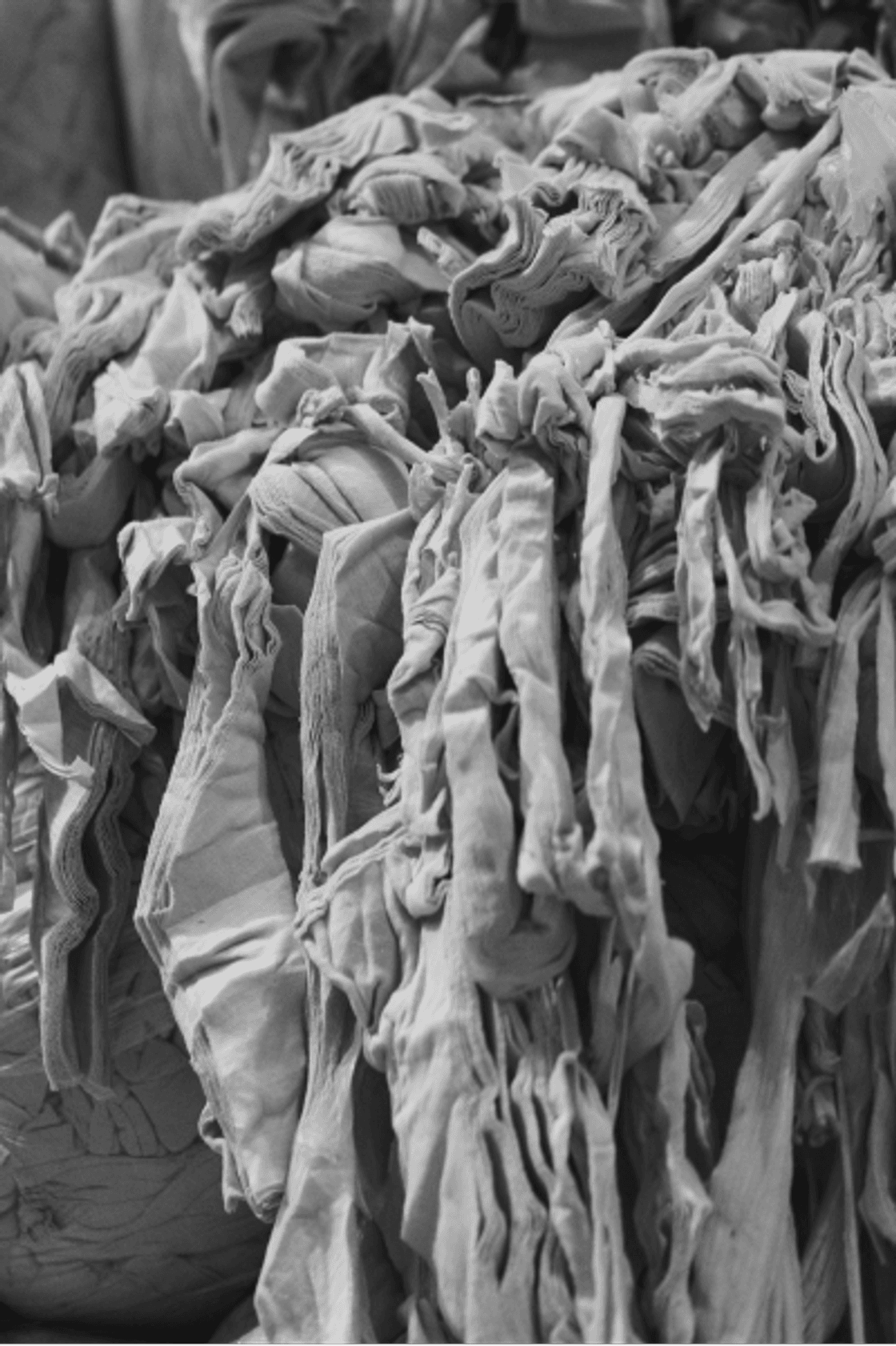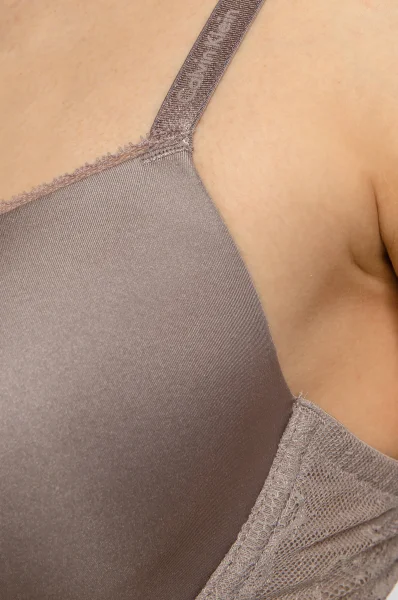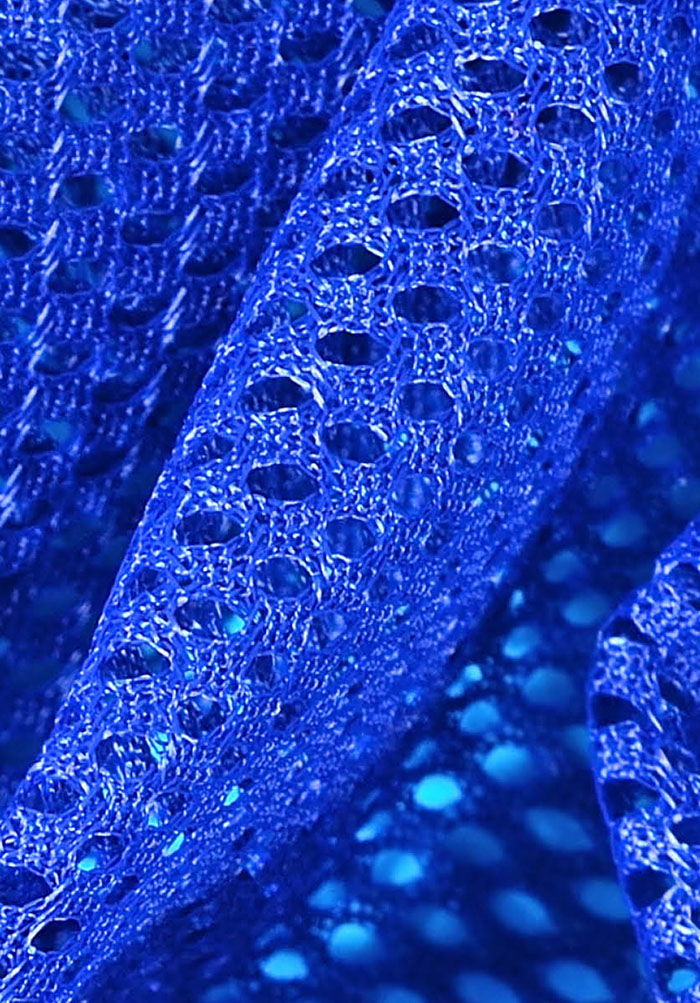
The sharply increasing world population reveals the insufficiency of natural resources in meeting the needs of humanity, while creating a tendency to search for new resources. Textile products constitute one of the most basic needs of humanity and the consumption of textile products is also increasing due to the changing fashion sense, increasing population, and technology developments. Discovery of alternative or renewable energy sources, recycling of all kinds of materials, enhancing engineering methods and technologies used to make recycling effective, and trends like sustainable fashion that promote sustainability and take parts among the hot topics of this field. Recycling studies are also common in textile science. It is feasible to reduce the usage of natural fibers by utilization of recycled fibers. However, there are some limitations to textile recycling. These limitations led the development of new sustainable fibers and processes as alternatives to natural. In this context, most of the recycling and sustainability-based studies carried out in this field emphasized the indispensability of the subject, while neglecting a few points about limitations. Consequently, the limits of recycling in textiles and new fibers developed to overcome these limits are addressed in this chapter.

PDF] Circular economy approach to recycling technologies of post-consumer textile waste in Estonia: a review

31 Sustainable Fashion Brands to Shop in 2022
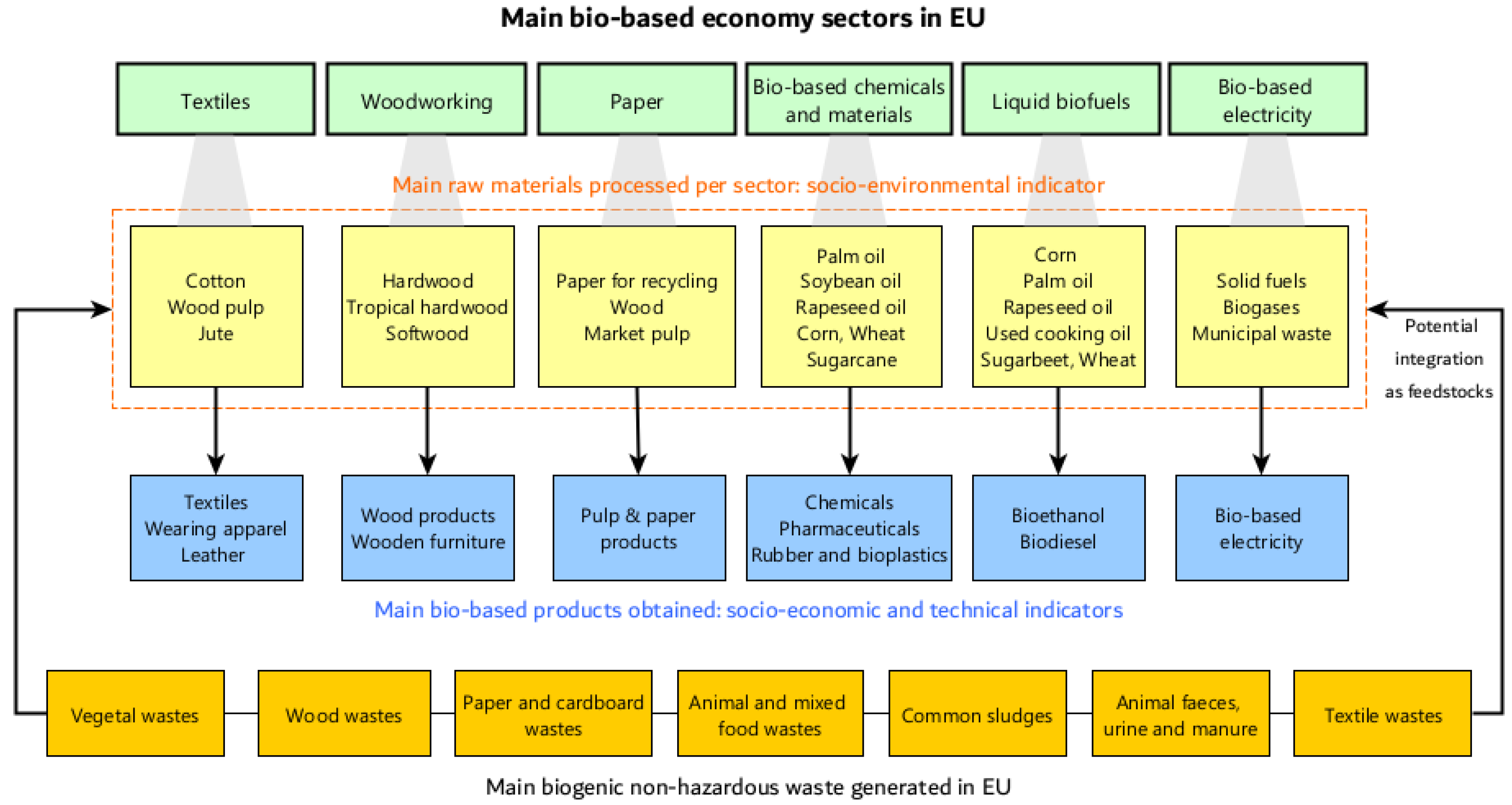
Sustainability, Free Full-Text

Limitations of Textile Recycling: The Reason behind the Development of Alternative Sustainable Fibers

PDF) Beneficiation of Textile Spinning Waste: Production of Nonwoven Materials
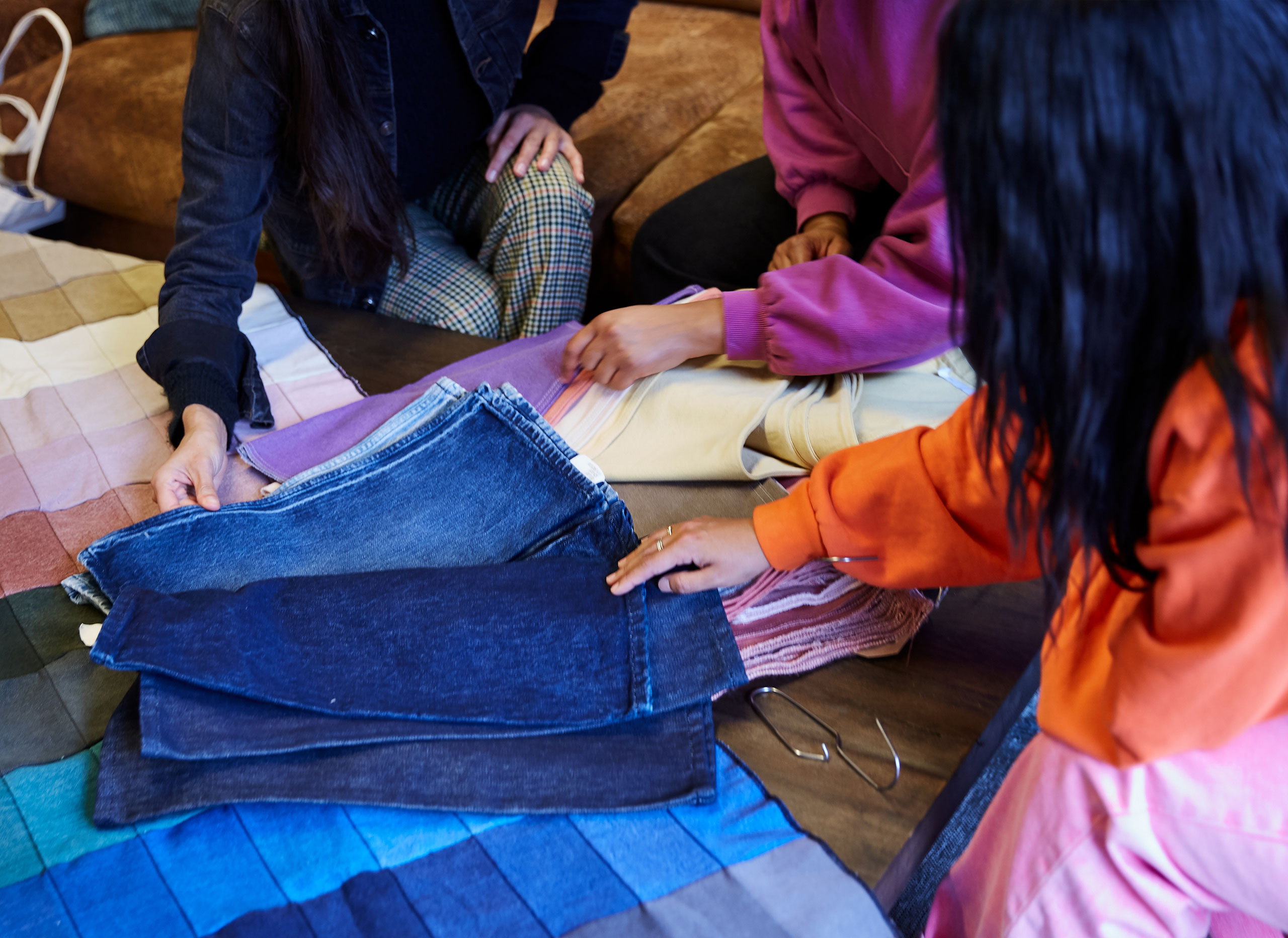
Sustainable Fibers - Levi Strauss & Co : Levi Strauss & Co

Life cycle environmental impact assessment of cotton recycling and the benefits of a Take-Back system - ScienceDirect

Circular fashion in Europe: Turning waste into value

Upcycling of textile waste into high added value cellulose porous materials, aerogels and cryogels - RSC Sustainability (RSC Publishing) DOI:10.1039/D2SU00084A

Carbon-Based Functional Materials Derived from Fibrous Wastes
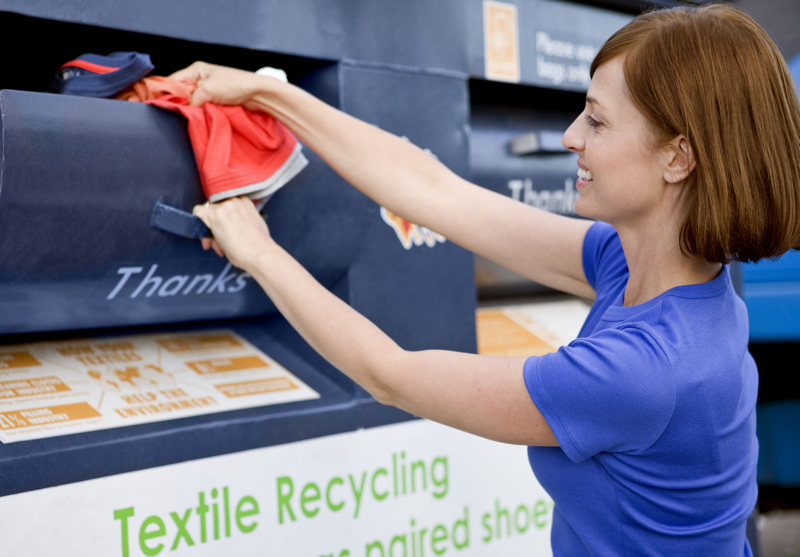
Recycling Materials, Reducing Waste and Improving Industry Sustainability

Mobilisation of textile waste to recover high added value products and energy for the transition to circular economy - ScienceDirect
